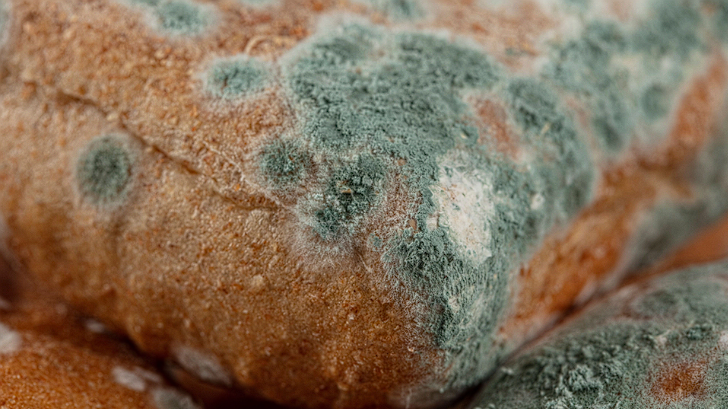When Does Bread Get Moldy?
Others are reading now
An expert warns against storing it in an otherwise popular place.
When you’re out shopping, one of the first things you often come across is usually a wide selection of bread and buns.
Even though there has been resistance against too many carbohydrates in the diet in recent years, bread remains a staple in many peoples households’ meal plans.
However, with fluctuating summer temperatures, it can be hard to know where to store bread.
Also read
According to DenOffentlige, Express, spoke with Sarah Taylor, a food safety expert at High Speed Training, about the best location and how to prevent bread from getting stale or moldy too quickly.
Sarah said: “It’s the age-old question, do you trash or keep bread with spots of mold? Moldy bread is generally best thrown out, as the fungal spores have likely spread much further through the bread than is actually visible.”
Buy It Pre-Sliced
A simple trick the expert suggests is buying bread that is already sliced.
“Buying sliced bread is a good and cheaper option to keep your bread fresh longer, as mold takes longer to spread through the bread. Typical supermarket bread does not last longer than a week without getting old or moldy. Freshly baked bread will have a shorter shelf life than shelf equivalents, so keep that in mind when choosing your bread,” explains Taylor.
But if you prefer to slice your bread yourself, or your favorite is not sold pre-sliced, there are some things you should be aware of regarding storage.
“To keep your bread fresh longer, it’s best to keep it covered. Whether you have a dedicated bread bin or bread bag, or if you store the bread in its original packaging, try to store the bread in a cool, dry place. If the bread comes in plastic packaging, it can ‘sweat’ in warm environments, creating moisture inside the package,” warns the expert and continues:
“You should try to use a bread bin or a breathable bag to avoid this, but if you have no other options, storing the bread in a cool, dry cupboard can help slow down the process. You should also keep bread away from water, which can accelerate the development of mold.”


